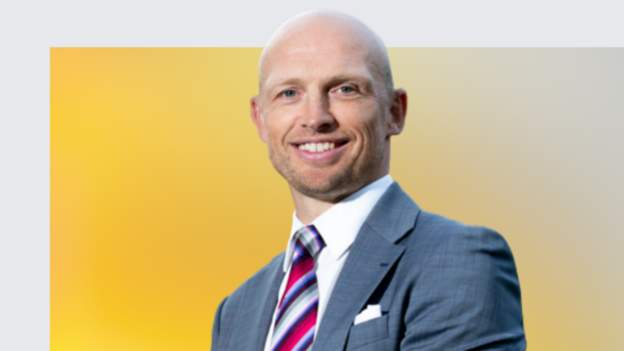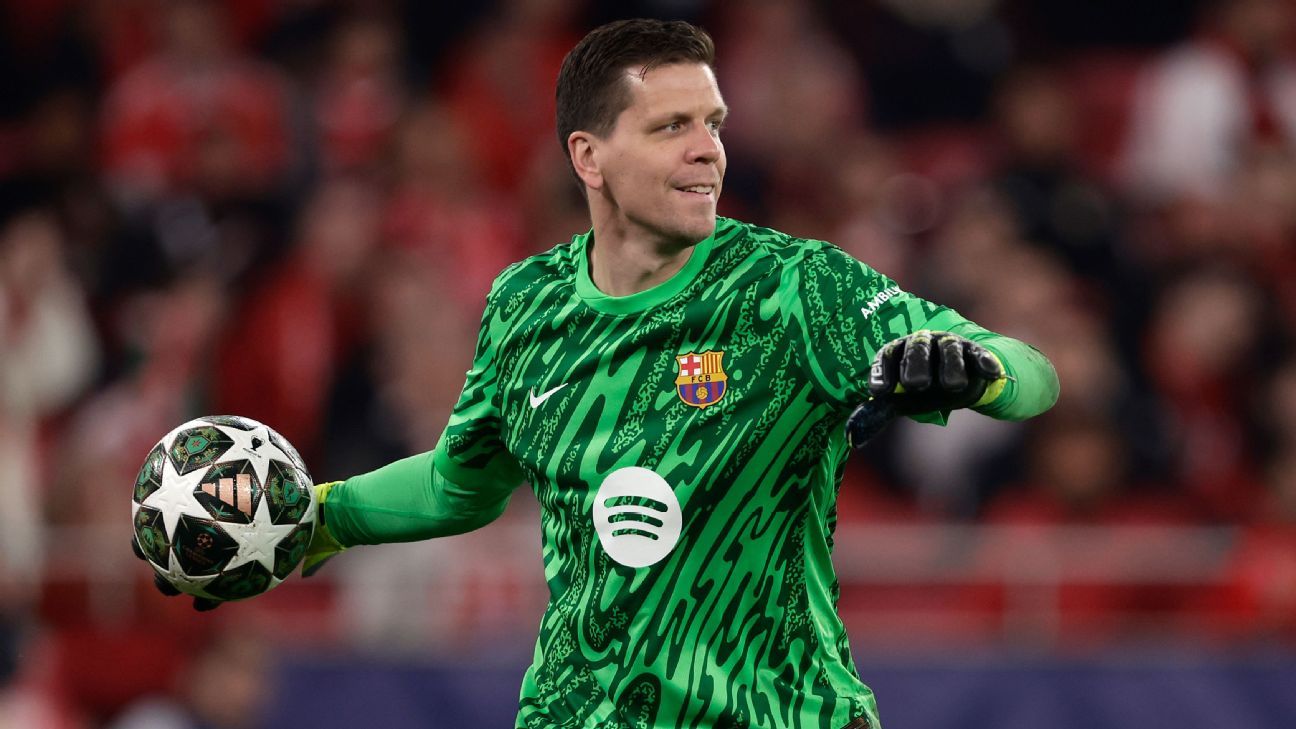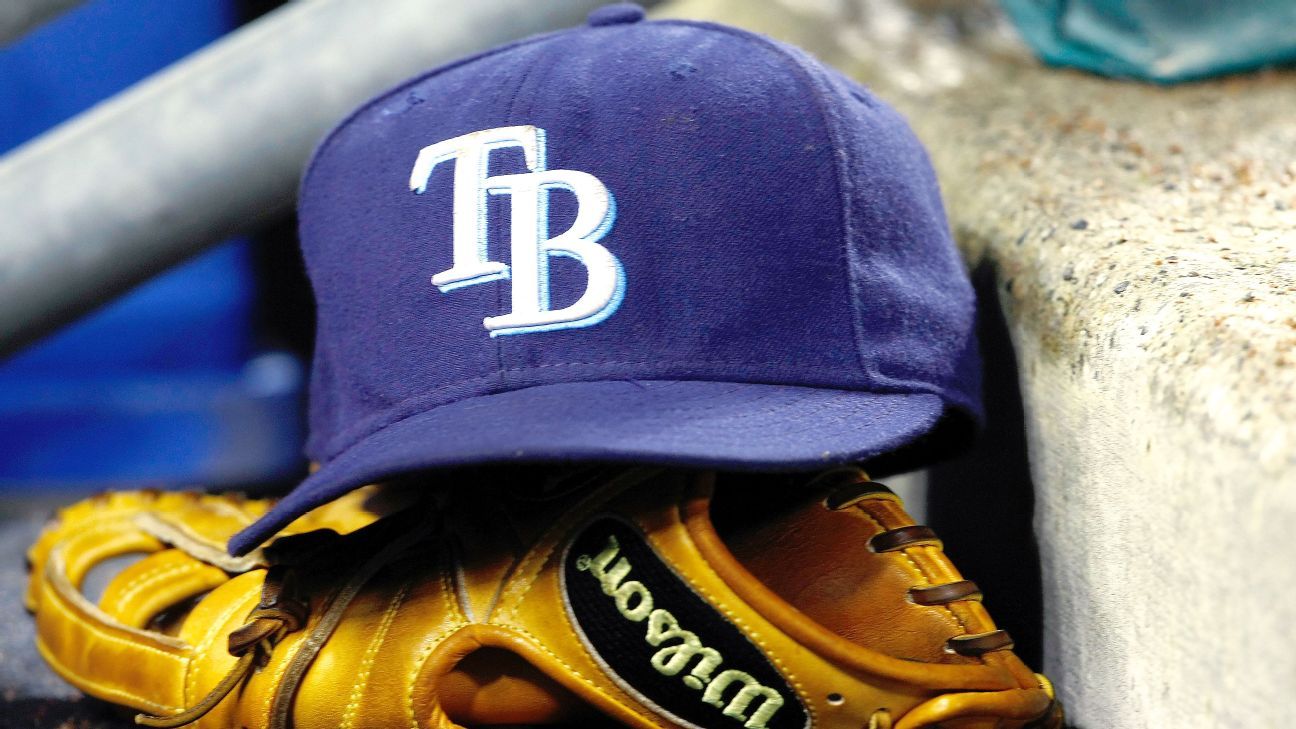Matt Dawson column: Marcus Smith and Henry Arundell's star turns unlikely to convince Steve Borthwick
Written by I Dig Sports
In theory, England's match against Chile was a chance for the fringe members of the squad to push their way into the team.
In practice, I don't think it was ever that.
Neither Henry Arundell's five tries on the wing or Marcus Smith's livewire performance at full-back will prompt their promotion into Steve Borthwick's first-choice XV for the tougher Tests to come.
Borthwick has a style. We saw it during his Premiership title-winning season at Leicester. It is risk-averse rugby, leaning heavily on percentages and analytics.
It involves kicking for territory and putting the opposition back three under pressure. It doesn't encourage initiative and instinct, rather it is based on pre-set patterns.
This is what he is paid to do: find a style that suits his players and which he thinks gives them the best chance of winning games.
I don't think there will be room in his starting XV for Smith and Arundell who, for all their attacking ability, don't suit the tighter, more prescriptive gameplan Borthwick has in place.
We know all about Arundell's abilities as a runner but he also showed he can stay wide, stay patient and finish off moves.
Smith added speed and intelligence to England's attack when he countered from deep. But I don't think either of those qualities are the most valuable in Borthwick's philosophy.
All Smith and Arundell were able to do was underline that they are ready if a vacancy opens up or they are needed off the bench.
The one player who probably will stay in the starting line-up from the 71-0 win over Chile, however, is Owen Farrell.
Borthwick was lavish in his praise of Farrell's qualities in the build-up to the match, talking about the influence he has over the squad and how he raises everyone's standards.
He is Borthwick's trusted lieutenant on the pitch and when the big matches come around, it feels inevitable that England will line up with George Ford at fly-half, Farrell at inside centre and Manu Tuilagi at outside centre.
For me, that doesn't offer enough. When Ford came on at fly-half in the second half against Chile the contrast was stark. The pace, accuracy and endeavour of the backline went up several levels.
Farrell played competently enough, but with him at 10 or 12 everyone else in the backline has to adjust to his pace.
An extra distributor, rather than a game-breaking runner or a battering-ram carrier, slows up England's attack and doesn't offer enough threat to engage the defence.
My preference would be keep Ford at fly-half, with a midfield of Tuilagi and Joe Marchant outside him.
Tuilagi fixes defenders with his direct, powerful running, whether he gets the ball or is used as a decoy, while Marchant is a well-rounded outside centre, able to break the line, distribute and also sew up that channel in defence. The balance between them is good and offers England a bit of everything.
Heading into the knockout stages, you need to be able to score points in different ways. It is naive to rely on penalties, drop-goals, a driven line-out, pick-and-gos around the fringe and a hope that the opposition defence will tire in the latter stages of the match.
There has to be something more to England.
They were able to show a lot more against Chile, with the big caveat that they were assured plenty of front-foot ball against weak opposition. But, some of those running lines, invention and ambition need to become a permanent part of England's game.
If they make it to a quarter-final against either Australia or Fiji, I don't think either side has the kicking game to put England's full-back under sustained pressure. For those opponents I would be tempted to put Smith in at full-back and give Ford an extra dimension in attack.
If England face Wales in the last eight, the balance probably tips to Freddie Steward to field the kicks that Dan Biggar and Tomos Williams can rain down into the backfield.
Billy Vunipola had a chance to put some doubts into the coaches' minds about the make-up of their back row, but I felt the Chile game actually firmed up the status quo.
At his best, Vunipola's big point of difference is his ability to dominate the gainline.
But Ben Earl, who replaced him in the 67th minute, managed to make more metres (36m to 22m) during his brief time on the pitch. Vunipola didn't feature among England's leading ball-carriers either. Jack Willis made 18 tackles to his four in defence.
Earl looked lively and made good decisions when he came on and is now surely the first-choice number eight for this tournament.
Borthwick has plenty of time to mull over these selections.
England's next and final Pool D game is against Samoa in a fortnight.
That sort of extended break - introduced as part of an attempt to ensure every team gets a fair schedule during the pool stages - was not part of my two Rugby World Cup campaigns of 1999 and 2003, but it feels like it has come at a good time for England.
Their qualification is all but assured, so they can decompress and relax with partners and family for a few days, before getting back into the swing of things with a meeting against Samoa before a likely quarter-final.
If they watched Ireland and South Africa's seismic pool-stage game in the hours after their own far gentler affair against Chile, they will know how much harder things are about to get.
Matt Dawson was speaking to BBC Sport's Mike Henson















 Phone: (800) 737. 6040
Phone: (800) 737. 6040 Fax: (800) 825 5558
Fax: (800) 825 5558 Website:
Website:  Email:
Email: 






